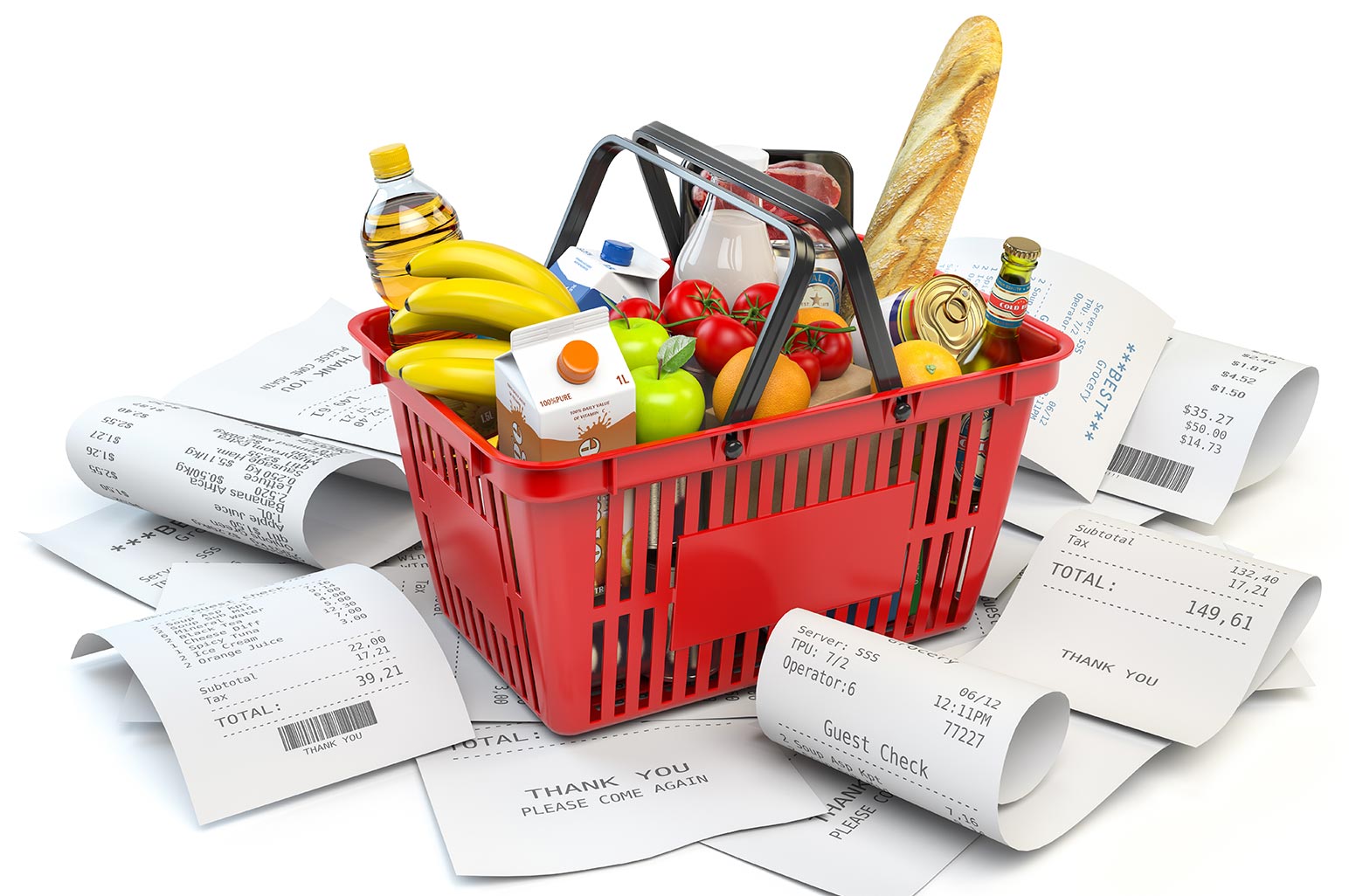Mastering Budget Grocery Shopping: Tips And Tricks For Smart Shoppers
Budget grocery shopping is an essential skill for anyone looking to save money while still enjoying a variety of healthy foods. With rising food prices, it’s more important than ever to understand how to stretch your grocery budget effectively. In this comprehensive guide, we’ll explore various strategies, tips, and tools that can help you navigate the grocery store like a pro, ensuring you get the most bang for your buck without compromising on quality.
Whether you’re feeding a family or living solo, mastering the art of budget grocery shopping can significantly impact your financial health. By planning ahead, making informed choices, and utilizing available resources, you can make grocery shopping a less stressful experience while maintaining a nutritious diet. This guide aims to arm you with the knowledge and resources you need to revolutionize your grocery shopping habits.
In this article, we will cover a range of topics, including meal planning, understanding unit prices, and the best times to shop. With actionable tips and practical advice, you’ll be well on your way to becoming a savvy shopper who knows how to maximize their grocery budget.
Table of Contents
- What is Budget Grocery Shopping?
- Importance of Budget Grocery Shopping
- Meal Planning: The Foundation of Budget Grocery Shopping
- Understanding Prices: Unit Pricing and Comparisons
- Best Times to Shop for Groceries
- Store Brands vs. Name Brands
- Using Coupons and Discounts Effectively
- Storing Foods to Reduce Waste
- Conclusion
What is Budget Grocery Shopping?
Budget grocery shopping refers to the practice of purchasing food and household items in a way that minimizes expenses without sacrificing quality or nutrition. This involves strategic planning, informed decision-making, and being aware of pricing structures at different stores.
Importance of Budget Grocery Shopping
Understanding the importance of budget grocery shopping can lead to significant savings over time. It not only helps you manage your finances better but also contributes to healthier eating habits. Here are some key benefits:
- Reduces financial stress by allowing you to stay within your budget.
- Encourages healthier eating choices by focusing on whole foods and fresh produce.
- Helps you become more mindful about your consumption and waste.
Meal Planning: The Foundation of Budget Grocery Shopping
Meal planning is an essential part of successful budget grocery shopping. By planning your meals ahead of time, you can create a focused grocery list that reduces impulse purchases and food waste.
How to Create a Meal Plan
Creating a meal plan can be simple and efficient. Here’s how to do it:
- Review your calendar to identify busy days when you may need quick meals.
- Select recipes that use similar ingredients to minimize waste.
- Incorporate leftovers into your plan to save time and money.
Grocery List Tips
Once you have your meal plan, it's time to create your grocery list. Here are some tips:
- Organize your list by category (produce, dairy, meats, etc.) to streamline your shopping experience.
- Stick to your list to avoid impulse buys.
- Check your pantry and fridge before shopping to avoid buying duplicate items.
Understanding Prices: Unit Pricing and Comparisons
Understanding pricing is crucial when shopping on a budget. Familiarize yourself with unit pricing, which allows you to compare the price of products by their size or weight. This can help you find the best deals on items you frequently purchase.
Best Times to Shop for Groceries
Timing can greatly affect the deals you find at the grocery store. Here are some tips on when to shop:
- Shop early in the week for fresh produce and markdowns.
- Avoid weekends and busy times to reduce stress and distractions.
- Look for special sales days or discounts specific to your local grocery store.
Store Brands vs. Name Brands
When grocery shopping, you’ll encounter both store brands and name brands. Often, store brands are cheaper and offer similar quality. Consider trying store brands to see if they meet your needs.
Using Coupons and Discounts Effectively
Coupons can be a great way to save money on groceries. Here are some strategies for using them effectively:
- Sign up for store loyalty programs to gain access to exclusive discounts.
- Combine coupons with sales for maximum savings.
- Check coupon websites and apps for additional savings opportunities.
Storing Foods to Reduce Waste
Proper food storage can extend the life of your groceries and minimize waste. Here are some tips:
- Use airtight containers for dry goods to keep them fresh longer.
- Store fruits and vegetables separately to prevent spoilage.
- Label and date leftovers to keep track of when they should be consumed.
Conclusion
In conclusion, mastering budget grocery shopping involves a combination of strategic planning, informed decision-making, and effective use of resources. By following the tips outlined in this guide, you can take control of your grocery budget and make smarter shopping choices. Remember to plan your meals, understand pricing, and make use of discounts and coupons. Happy shopping!
We encourage you to share your own budget grocery shopping tips in the comments below, or share this article with friends who might benefit from these tips. Explore our other articles for more money-saving advice and strategies!
Penutup
Thank you for reading! We hope you found this article informative and helpful. Be sure to visit our site again for more insights on budgeting, shopping, and living well.
Article Recommendations
- Skarsg Rd Family
- The French Laundry Napa
- Napoleonynamite Actor
- Nintendo Store Nyc
- Shota Imanaga
- Club Random
- Mingus Lucien Reedus
- Hannibal Mo
- Does Ava Max Have A Husband
- Ensure Drink Plus


